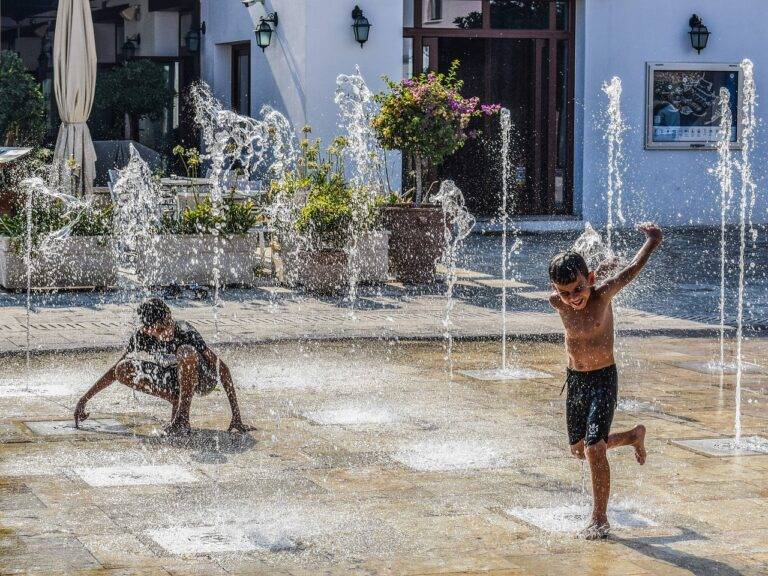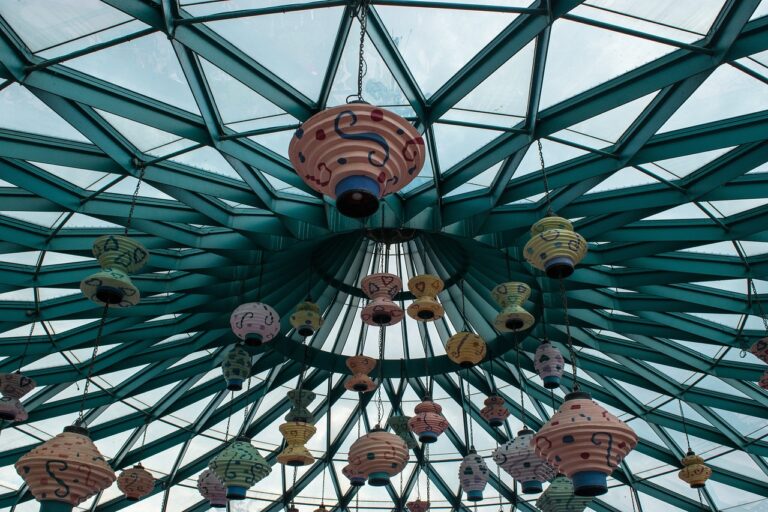Exploring the Psychology of Historical Reenactment Participants and Audiences: 11xplay pro login, Tigerexch247 live, Betbook.com
11xplay pro login, tigerexch247 live, betbook.com: Exploring the Psychology of Historical Reenactment Participants and Audiences
Have you ever wondered why people are so passionate about historical reenactments? What drives individuals to dress up in period costumes and recreate events from the past? In this article, we will delve into the psychology behind historical reenactment participants and audiences to uncover the motivations and benefits of this unique hobby.
The Fascination with History
Historical reenactments offer participants and audiences a chance to step back in time and experience history firsthand. Many people are drawn to the nostalgia and romanticism of a bygone era, allowing them to escape the pressures of modern-day life and immerse themselves in a different time period.
The Desire for Connection
For some individuals, historical reenactments provide a sense of connection to their ancestors and a deeper understanding of their heritage. By reliving historical events, participants can pay homage to those who came before them and gain a new appreciation for the struggles and triumphs of past generations.
The Thrill of Role-Playing
Engaging in historical reenactments allows individuals to take on different roles and personas, stepping into the shoes of historical figures and experiencing life from a new perspective. This element of role-playing can be cathartic and empowering, offering a sense of freedom and creativity that is often lacking in everyday life.
The Sense of Community
Historical reenactments foster a strong sense of community among participants, creating bonds and friendships that can last a lifetime. Working together to create an authentic reenactment experience builds trust and camaraderie, as individuals collaborate to bring history to life.
The Educational Value
Beyond the entertainment factor, historical reenactments serve as valuable educational tools, providing a hands-on way for participants and audiences to learn about history in a tangible and engaging way. By witnessing historical events reenacted before their eyes, individuals can gain a deeper understanding of the past and its impact on the present.
The FAQs of Historical Reenactments
Q: Are historical reenactments historically accurate?
A: While historical reenactments strive for authenticity, some creative liberties may be taken to enhance the experience for participants and audiences.
Q: What time periods are most commonly reenacted?
A: Popular time periods for reenactments include the American Civil War, World War II, the Renaissance, and the Viking Age, among others.
Q: How can I get involved in historical reenactments?
A: To participate in historical reenactments, you can join a reenactment group, attend events as an audience member, or volunteer to help with event planning and organization.
In conclusion, the psychology behind historical reenactment participants and audiences is a fascinating subject that sheds light on our innate desire to connect with the past. Whether driven by a love of history, a sense of community, or a passion for role-playing, individuals who engage in historical reenactments find fulfillment and enjoyment in bringing history to life. So next time you attend a historical reenactment, take a moment to appreciate the dedication and passion of those who make it all possible.







